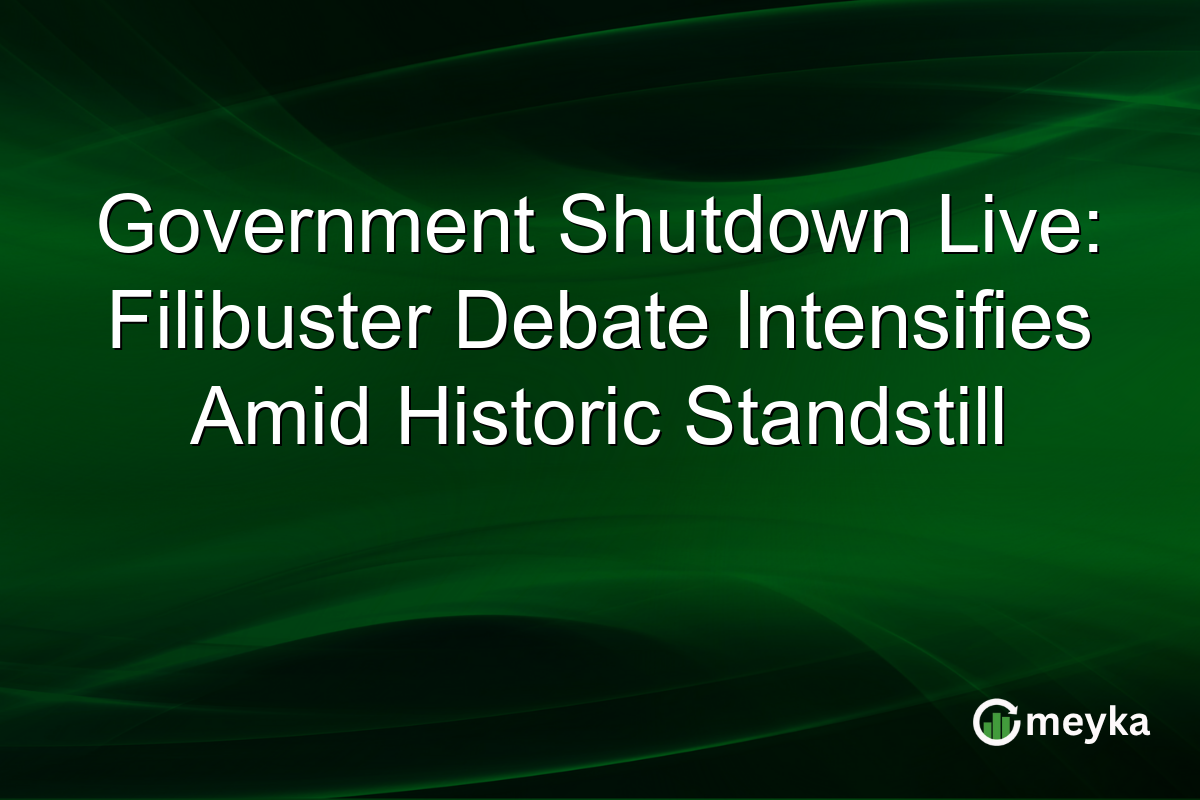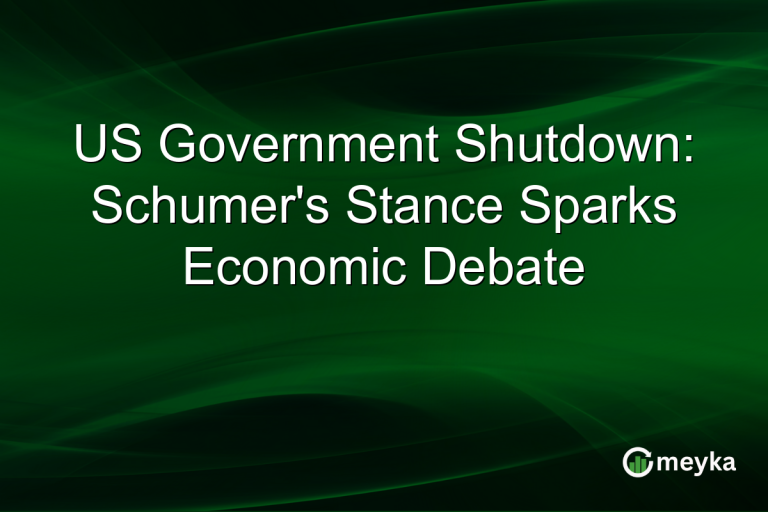Government Shutdown Live: Filibuster Debate Intensifies Amid Historic Standstill
As the government shutdown ties with the longest in U.S. history, the discussion surrounding the Senate filibuster’s future has intensified. The focus keyword “government shutdown filibuster” has become central to this debate, highlighting calls for major procedural changes in Congress. With President Trump advocating for swift elimination, the political landscape is poised for significant transformation. These discussions could redefine legislative negotiations moving forward.
Continue Reading on Meyka
This article is available in full on our main platform. Get access to complete analysis, stock insights, and more.
Read Full Article →





